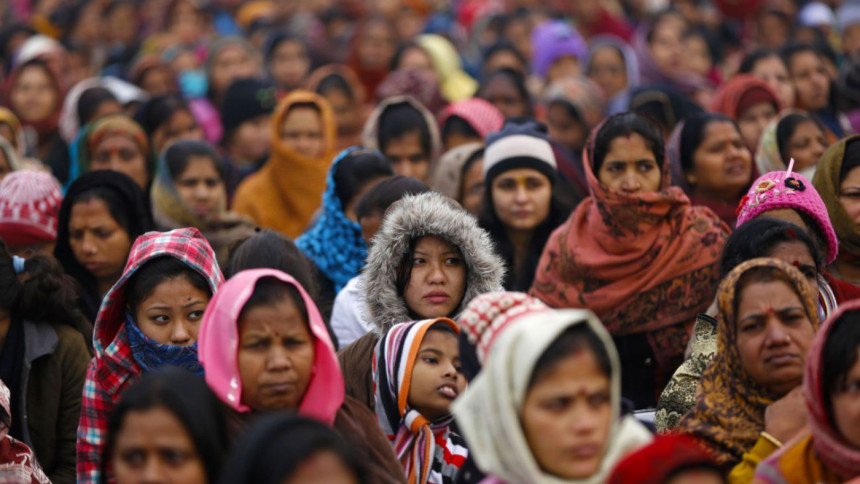A better life for women

The book "Why Women Have Better Sex Under Socialism" (2018)—as provocative as it sounds— has nothing to do with women's carnal pleasures. In it, Professor Kristen Ghodsee of the University of Pennsylvania argues that implementing socialist concepts would make women's lives more independent and fulfilling. That such an idea is put forth by an Ivy League academic from the United States of America, and not by a bleeding-heart leftist from Cuba, is striking. But not surprising.
With the fall of the Berlin Wall and the dissolution of the Soviet Union, the word "socialism" may have landed in the wastebasket of history but is still available for recycling. Socialism is becoming increasingly appealing to young people around the world who value universal health care, strong unions, affordable college, banking regulation and living wages. Some make the case that it would benefit women especially.
Professor Ghodsee insists that the free market is failing most women in many ways. Women are paid less. They are financially dependent on better compensated men. They are seen as less valuable or less productive employees because they are consistently having to take time off in order to work around the house. Most of the housework including child care and elder care and care for the infirm generally falls on the shoulders of women, a job that does not pay.
On the other hand, states that notoriously coerced political conformity and a planned economy also enforced policies to emancipate women. Socialist regimes that we usually vilify, like the former East Germany, supported gender equality in all aspects of life. In the socialist countries of the twentieth-century Eastern Europe, they were fully integrating women into the workforce, which allowed them to achieve economic freedom. Government-funded kindergartens and paid maternity leave were introduced to reduce the economic burden on women.
Life behind the Iron Curtain was not without problems. Many people died under planned economies that led to famines, purges and labour camps. But Professor Ghodsee asks, why not learn from the mistakes and try socialist policies that actually work, like empowering women, a la Scandinavia? Why not try to build a society where profits would be invested back into social services, and human relationships would be ultimately more genuine and satisfying, because people will not look at each other in a transactional way?
Ghodsee opines that the problem with capitalism is that it commodifies everything, including romance. She cites the example of seeking.com, a website that matches young women with wealthy older men, the so-called sugar daddies. The site boasts more than 10 million active users in more than 139 countries. One of the pages on this site suggests being somebody's sugar baby can reduce your debt, send you to shopping sprees, expensive dinners and exotic vacations. You can get paid for your "time."
And the free market has not lifted everyone, as promised. We see wage stagnation; we see growing inequality. The contemporary market that we are in has created a lot of risks for young people. Social safety nets have all but disappeared. The top 1 percent now own almost as much wealth as the bottom 90 percent. Which may help explain why about 51 percent Americans between 18 and 29 hold a positive view of socialism.
People are showing interest in an alternative political system that would lead to a more egalitarian and sustainable future. The imbalances of the existing order have fuelled the rise of leftist politicians like Bernie Sanders and Alexandria Ocasio-Cortez in the US, Jeremy Corbyn in the UK, Jean-Luc Melenchon in France, Yanis Varoufakis in Greece and Sahra Wagenknecht in Germany. Alexandria Ocasio-Cortez is the New York Congresswoman who ran on an ultra-progressive platform which includes Medicare for all, guaranteed family leave, abolishing US Immigration and Customs Enforcement, free public college and a 70 percent marginal tax rate for incomes higher than USD 10 million.
In sum, Professor Ghodsee is saying that we can learn from the experiences of Eastern Europe and that we can actually see them functioning in countries like Denmark and Sweden. And so, why not have a conversation about how socialist policies not only impact our economies but also our personal lives? It may come as a surprise to the younger reader that one of the founding principles of Bangladesh was socialism meaning economic and social justice.
Amitava Kar is a member of the editorial team at The Daily Star.






Comments